January 20th, 2015: Securing financing for small businesses has never been easy. The advent of the recession in 2008 and 2009 and the increased regulatory environment for banks has made it even more difficult for the aforementioned market segment to obtain capital. Currently, only one out of every five small businesses who achieve annual sales of $5 million or less qualifies for a conventional bank loan.
Why are so many small businesses rejected for conventional bank loans?
Besides the fact that the major recession that occurred in 2008 and 2009 seems to have changed the small business lending landscape for the long term, the U.S. government and its regulatory agencies including the FDIC, have increased the scrutiny for small business lending that banks must adhere to as part of their daily operations. This new regulatory environment as characterized by newly enacted laws such as the Dodd-Frank Act, has narrowed the “pool” of small business loans that actually pass “muster” by the bank regulators.
The SBA 7A program is still a viable option for many small businesses to utilize for their financing needs however most SBA loans take at least three to four months to close and the documentation that is required to close one of these loans is both onerous and time consuming. As a further impediment, most startup businesses do not meet SBA underwriting requirements. That further limits the options of many entrepreneurs who need financing to jump start their new companies.
In many instances, alternative lending provides many more options for a small business to access capital with its stream lined approval process and “bare bones” loan applications. In addition, the major benefits that the small business borrower will derive from an alternative loan are the following:
- The turnaround time to close a loan is much faster. A loan that might take three months for a bank to close can take only a few weeks for an alternative lender.
- The documentation required to close a loan with an alternative lender is much less cumbersome than the documentation that banks are required to gather prior to announcing that a loan is “cleared to close.”
- The repayment terms that a bank will enforce on a small business borrower are much stricter than those of an alternative lender.
In short, small businesses that are having difficulty dealing with their local banks should instead explore the alternative lending arena and find a non-bank lender who can satisfy and meet their financing requirements in a timely manner.
At Worth Avenue Capital, we specialize in making loans to both small businesses and real estate developers/investors who need quick access to capital without succumbing to the vagaries of their local banks. Since 2008, we have funded numerous commercial loans for this underserved market segment and we have become one of the “GO TO” commercial lenders for small businesses in the Northeast. Don’t qualify for conventional bank financing? Please contact us so that we can help you obtain the capital that your business so desperately needs!
Recent Posts
Fundamentals of Private Lending
Fresh out of college in 1983, I began my career as a credit analyst at a small commercial bank in New York City....
Fundamentals of Second Mortgage Lending
In the predominantly risk-averse world of private lending, Worth Avenue Capital (WAC) stands out as one of the few bridge lenders actively originating...
Private Lending Outlook 2026: What’s Ahead for Real Estate Financing
As 2025 winds down, many developers, business owners, and real estate investors are asking the same question: What will 2026 look like for...

